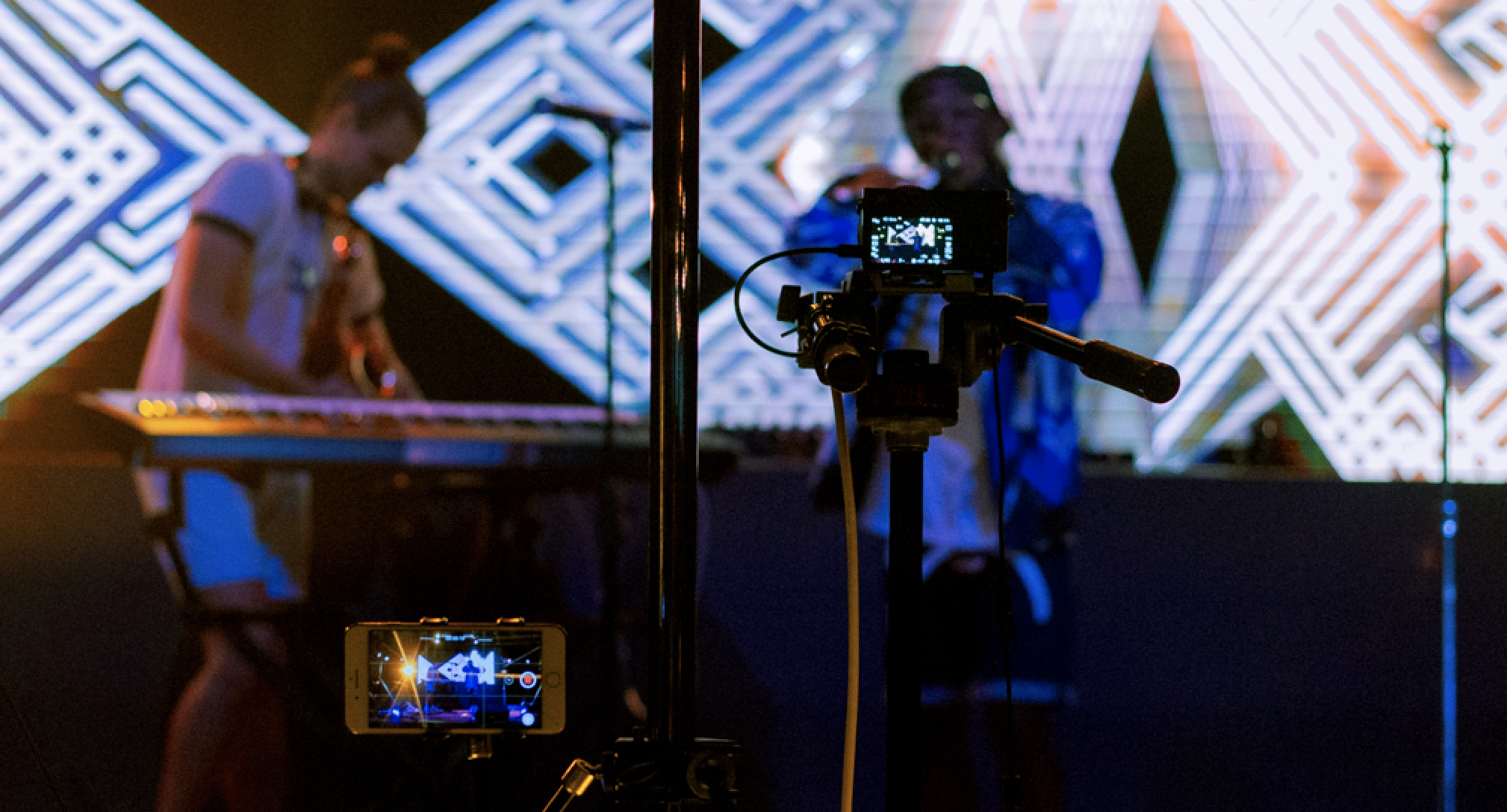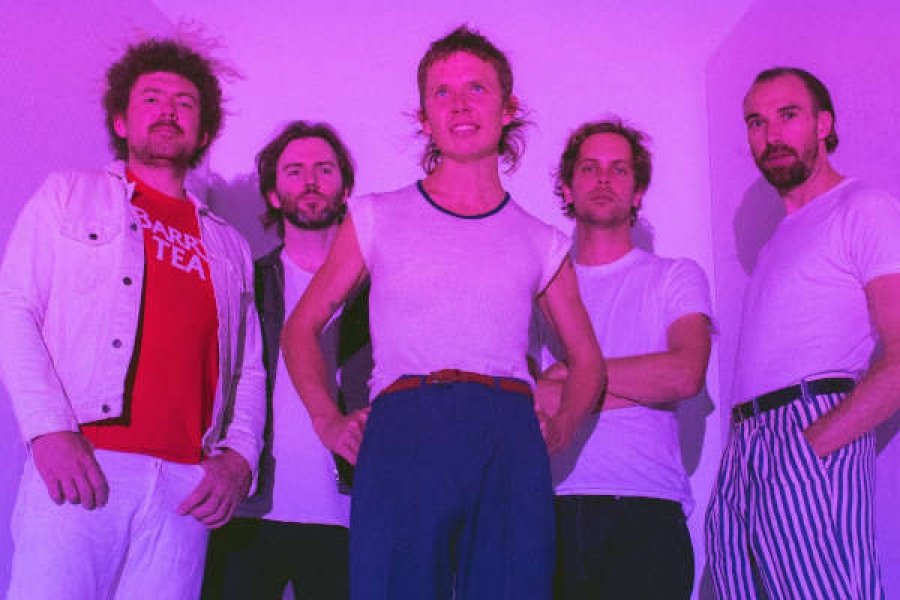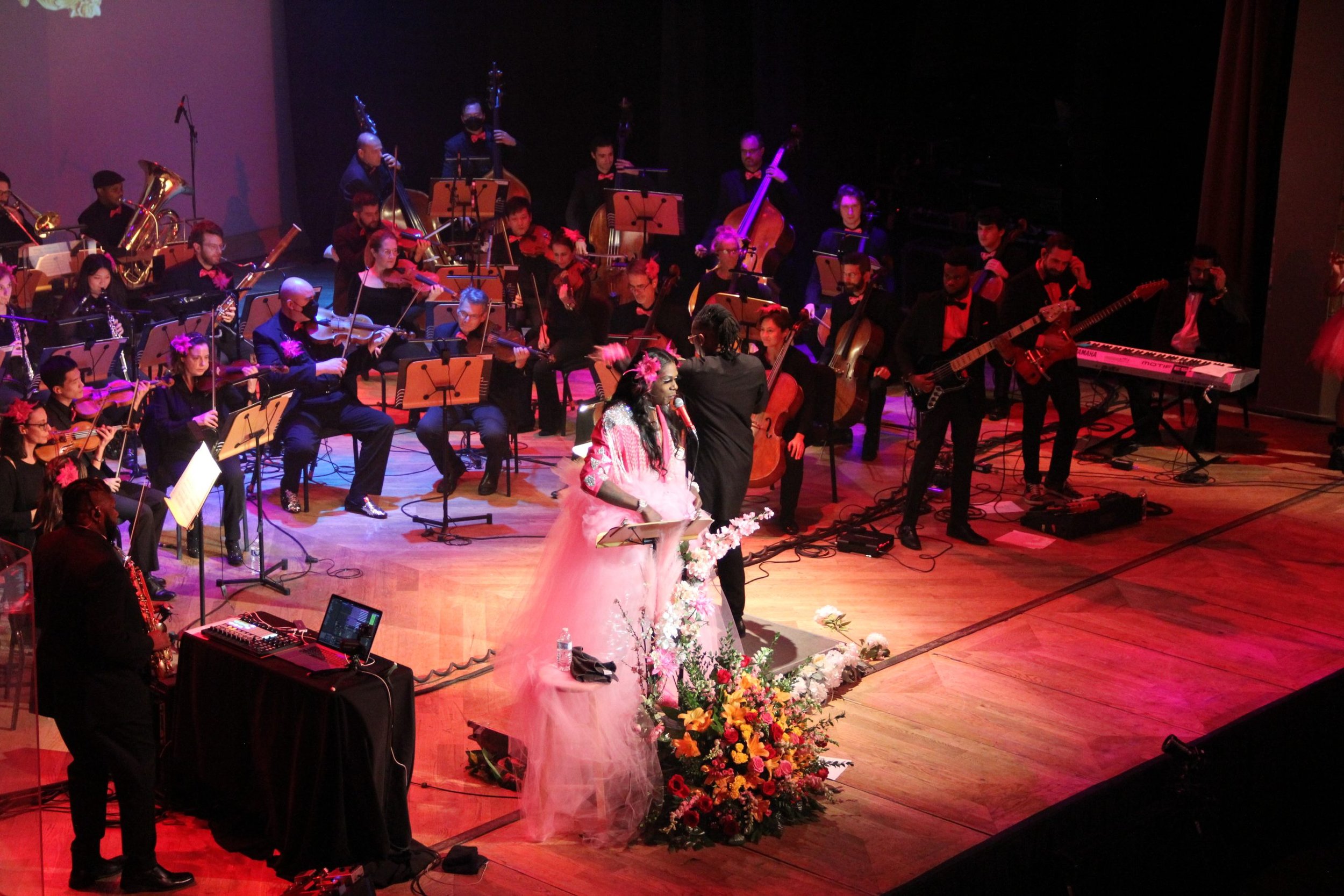El Dusty Asks, "Por Qué Turn Down?"

Whether on the new "Orale" or his remake of DJ Snake and Lil' Jon's smash, El Dusty incorporates Spanish-language samples in his hip-hop-based dance music.
[Updated] One of my favorite DJs this year has been Corpus Christi’s El Dusty. Last year, he remixed “Turn Down for What” with an accordion-led cumbia under Lil’ Jon’s shouting. His remix of Major Lazer’s “Too Original” was less surprising but equally banging, and he gave “Bidi Bidi Bom Bom” by the late Latin pop star Selena a percussion-heavy remix without sacrificing the original’s breezy vibe. His “Trapanera” and “Orale” aggressively celebrate his own Latin culture (born Dusty Oliveira) as he combines samples from his mom’s record collection with trippy synth squiggles, laser bass lines, and flat, metallic handclaps to create tracks that frequently evoke the folk dance tradition without feeling for a second like you’re supposed to form a circle and start from there. Although most of his work in 2015 was recorded before Donald Trump entered the race for the Republican presidential nomination, it’s hard not to hear them as a reminder that most of what Trump knows about Mexicans and Latin Americans of Mexican descent came from movies, TV, and rumors.
El Dusty is not a harbinger of an electronic/Mexican music movement out of Corpus Christi, he says. His professional roots are that of any club DJ, so his music is shaped by the club scene. Fortunately, it’s pretty much open format and hip-hop, he says. “We’ll have a party every now and then that’s tropical-based, and people show up and have a good time,” Oliveira says. “So it’s not that it’s not there, it’s just that nobody’s really throwing parties like that.”
Incorporating Latin music into his sound isn’t a recent development or something El Dusty did to distinguish himself from other DJs. He inherited his mom’s record collection, so it has been part of his flavor from the start. “There’s a lot of Latin stuff in there,” he says. “I started digging in there and making samples and hip-hop beats out of them. I’ve always been a cratedigger.”
He can’t remember the record in the collection that started him, but he knows one of the early influences.
"There was this guy, Sandro—his records I was always sampling and making these weird hip-hop beats out of,” Oliveira says. “From there it turned into trying to make people dance more and cool beats. Now I’m focusing more on the cumbia, twerk and trap beats.” Those sounds are more than simply cultural markers, though. The fluidity of the accordion and nature of the sampled percussion gives El Dusty’s grooves a deeper, more traditional funkiness than much of what passes for funk in trap and electronic music.
He started as a 16-year-old in the late ’90s, grabbing samples of keyboard sounds and vocal chops and loading them into an MPC (MIDI Production Center). “That was my computer until Reason and all those other programs started getting popular,” he says. Many of his samples come from artists on the Columbian Discos Fuentes label, and many of his accordion tracks including the one on “Trapanera” come from the Columbian great, Andrés Landero.
For El Dusty, the decision to utilize Spanish samples began as he worked with what he had, but incorporating Spanish samples became an expression of cultural pride as well. “I don’t really speak Spanish,” he says, but he wanted to work from that musical base anyway. Because of it, his audience is growing among Spanish speakers as well as non-Spanish speakers looking for something fresh with roots. “Now we’re going to Mexico a lot more, and I can see there are a lot of people who know my music.”
Naturally, there was a learning curve to figuring out how best to employ the Latin samples. He had to discover how far out he could go before he lost people, and what sonic staples he had to retain to keep dancers on the floor despite the unfamiliar elements. “I try to make myself sound a little different, but incorporate things other people are doing as well,” Oliveira says. Similarly, he has to set audiences up to hear a cumbia if he feels like they’re not ready, often by going to something popular that will pump up the energy with the hope that that energy will carry over into the less familiar grooves.
His remix of Major Lazer makes sense in that both freshen their dance music with the sounds and beats of other cultures. Gypsyphonic Disko do a similar thing in New Orleans, combining New Orleans R&B, Klezmer and bounce, and many countries have their own electronic/local dance hybrid. The Portuguese Enchufada label has released electronic dance music from around the world (you can download an excellent free sampler of its Upper Cuts series), and earlier this year it released Peru Boom! Bass, Bleeps and Bumps from Peru’s Electronic Underground.
While El Dusty's thing began with one record collection, he says the Internet and its ability to make all most all music accessible makes it possible for others to do their version of what he does. "You get to take elements from all different music genres and throw them into whatever you do, if it's hip-hop or rap or house music or whatever," he says. "You can steal something from Brazil. You can steal something from Jamaica and put your own twist to it and make it sound really cool. I think people are accepting of more things because of the Internet."
Updated December 30, 11:36 a.m.
The spelling of El Dusty's "Orale" was corrected throughout the story since the piece was first published.






